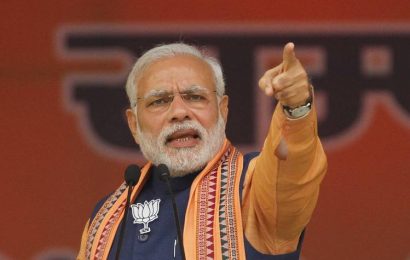Hong Kong Government’s decision to remove a tax break for electric vehicles had drastic effects on Tesla cars’ sales
The Wall Street Journal shows that no new Tesla Model S sedans and Model X SUVs were registered within the transport department in April, just after the vehicle registration tax waiver was discontinued.
Only five privately owned electric cars were registered in May.
Moreover, the WSJ also reported a sales increase just before the April 1 rule change, with 2,939 Tesla vehicles registered in March, and almost 3,700 entering the books for 2017’s first quarter. In February, the end of the tax break was announced.
The Business Insider was told by a Tesla spokesperson that even though it does welcome policies that “make it easier for more people to buy electric vehicles”, the company does not depend on tax concessions for its livelihood.
“In China, for example, we’ve tripled our revenue from 2015 to 2016 despite a massive tariff and no incentives. At the end of the day, when people love something, they buy it,” said the spokesperson.
“Hong Kong remains a significant market for Tesla and we continue to sell cars there each quarter. When the Hong Kong Government reduced the tax exemption for electric vehicles and increased the cost of our cars by nearly 100%, it’s to be expected that demand will be impacted in the period immediately following the change, particularly because of the large number who bought just prior to the change being implemented.”
Tesla’s worldwide sales have, until a point, represented a mirror of the fluctuation in fortunes in Hong Kong. The best period of the year was the first quarter, in which it shipped out 25,000 units, while its share price skyrocketed to surpass Ford and close in on General Motors in market capitalization.
In the second quarter, sales reduced to 22,000.
Last week, Tesla announced the first batch of the cheaper Model 3 cars will be released at the end of the current month. The $35,000 model may decrease the appetite for the more expensive already existing models.




